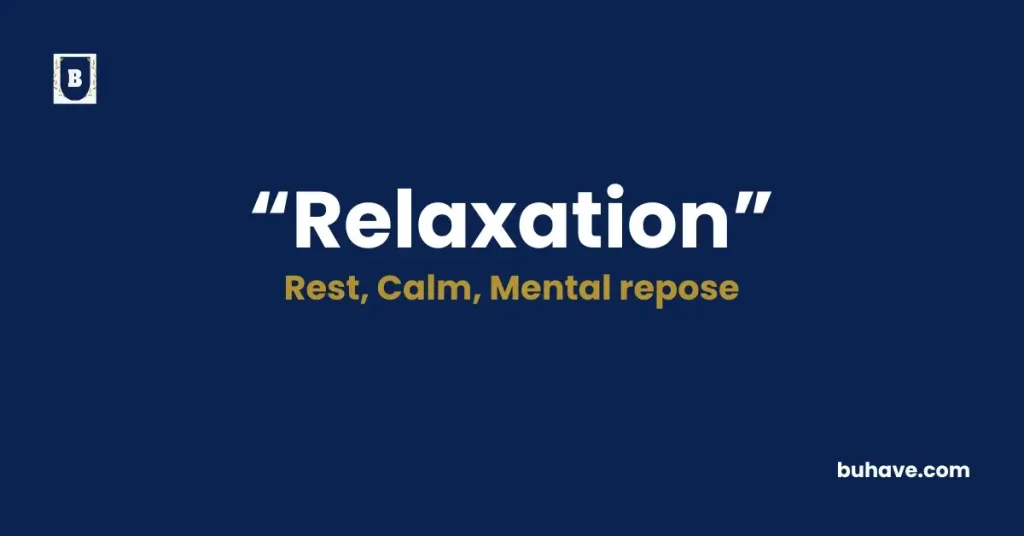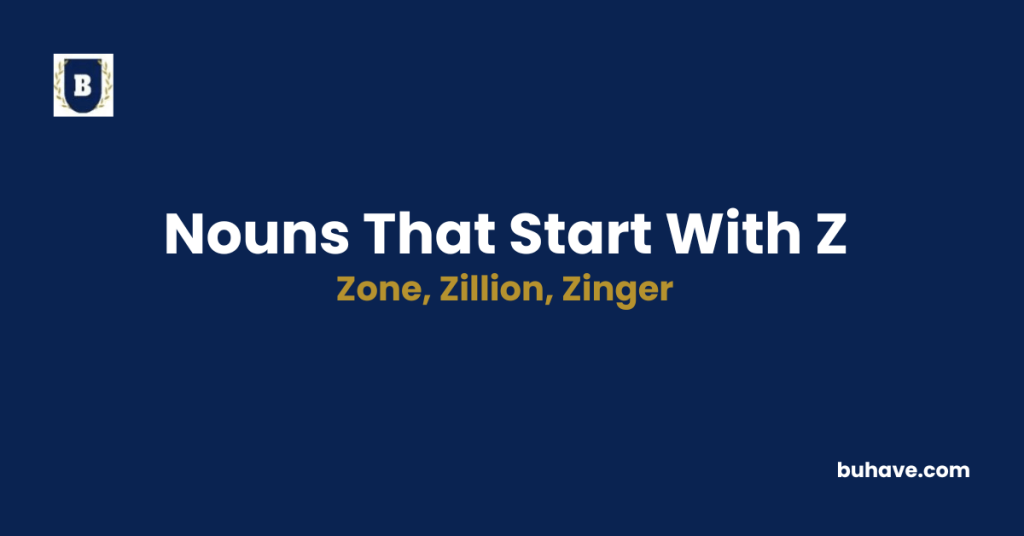The word ‘Relaxation’ (Noun) refers to the state of being free from tension, stress, or anxiety, often associated with rest and peace. In this guide, you’ll learn the full definition, synonyms, antonyms, etymology, and real-life examples of how to use ‘Relaxation’ correctly in sentences.
Relaxation Explained in Depth
A complete and detailed guide to the word ‘Relaxation’ including meaning, definition, examples, etymology, synonyms, and antonyms.
Meanings of Relaxation
Relaxation means the process of reducing tension and stress, allowing your body and mind to rest and recharge. It’s often achieved through activities like resting, meditating, taking deep breaths, or enjoying hobbies that bring peace and calm.
It can also refer to a state of being less strict or formal, depending on the context.
Definition
Relaxation is a noun that refers to a state or process of being calm, free from stress, or at ease. It can describe both physical relaxation, like resting or lying down, and mental relaxation, like letting go of worries or tension. It also refers to activities or practices that promote this state.
Etymology
The word “relaxation” comes from the Latin verb relaxare, meaning “to loosen” or “to make less tight.” This evolved into the Middle French word relaxation in the 14th century and entered Middle English in the 15th century. The root “re-” means “again,” and “laxare” comes from “laxus,” meaning “loose” or “slack.” Altogether, it captures the idea of loosening up—letting go of tension and feeling at ease.
Example Sentences
- After a long week of work, she found relaxation in a warm bath and a good book.
- Yoga is an excellent way to achieve both physical and mental relaxation.
- The atmosphere at the beach promotes deep relaxation, helping visitors unwind and recharge.
Relaxation Synonyms
- Rest
- Repose
- Leisure
- Ease
- Calmness
- Tranquility
- Recreation
- Unwinding
- Relief
- Comfort
Relaxation Antonyms
- Stress
- Tension
- Anxiety
- Pressure
- Strain
- Agitation
- Worry
- Restlessness
- Effort
- Rigidity
FAQs about Relaxation
Here are some frequently asked questions (FAQs) about the word “Relaxation”
1. What does “relaxation” actually mean?
“Relaxation” means a state of rest and calm, free from stress and anxiety. It’s about letting go of tension and allowing your body and mind to recharge and feel at peace.
2. Is relaxation only about physical rest?
No. While physical rest is important, relaxation also involves mental rest, which can come from activities like meditation, deep breathing, or simply enjoying a peaceful environment.
3. How can I achieve relaxation?
You can achieve relaxation through activities like meditation, yoga, reading, listening to music, spending time in nature, or doing hobbies that bring you joy and peace.
4. Can relaxation improve health?
Yes. Relaxation helps reduce stress, lowers blood pressure, improves sleep, and enhances overall mental and physical well-being.
5. Is relaxation always positive?
Yes, relaxation is generally considered positive as it promotes well-being. However, too much relaxation can lead to inactivity or lack of productivity if not balanced with active living.

















